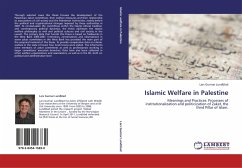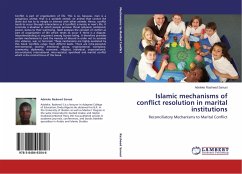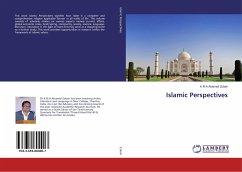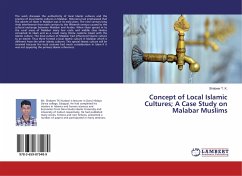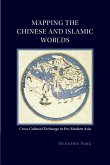Through selected cases this thesis focuses the development of the Palestinian zakat committees, their welfare measures and their relationship to associations of civil society and the Palestinian Authorities, mainly before the political and organizational changes imposed by these authorities in 2007. To contextualize the committees within the Islamic ethical tradition and contemporary political dynamics, the thesis addresses the Islamic welfare philosophy as well and political cultures and civil society in the Levant. The primary data that furnish this thesis is based on fieldworks in the West Bank 2005-2007. Interviews, conversations and observations in seven zakat committees in the West Bank has provided the main part of the empirical material of this thesis. To provide comparative data on Islamic welfare in the state of Israel, four Arab towns were visited. The informants were members of zakat committees as well as professionals working in larger committees executive branches. Data have also been collected in other welfare organizations and associations, as well as in the PA, both on political and administrative level
Bitte wählen Sie Ihr Anliegen aus.
Rechnungen
Retourenschein anfordern
Bestellstatus
Storno

